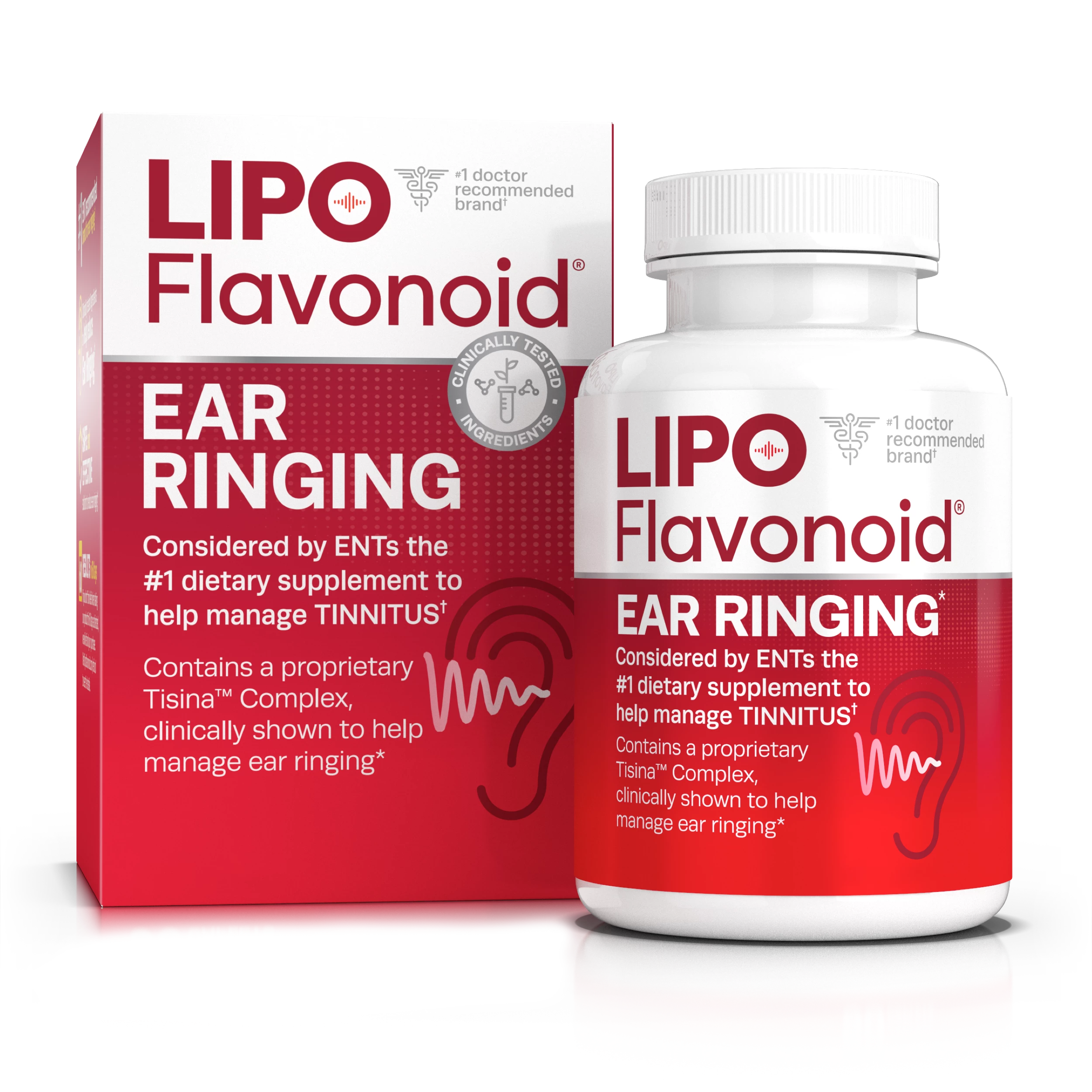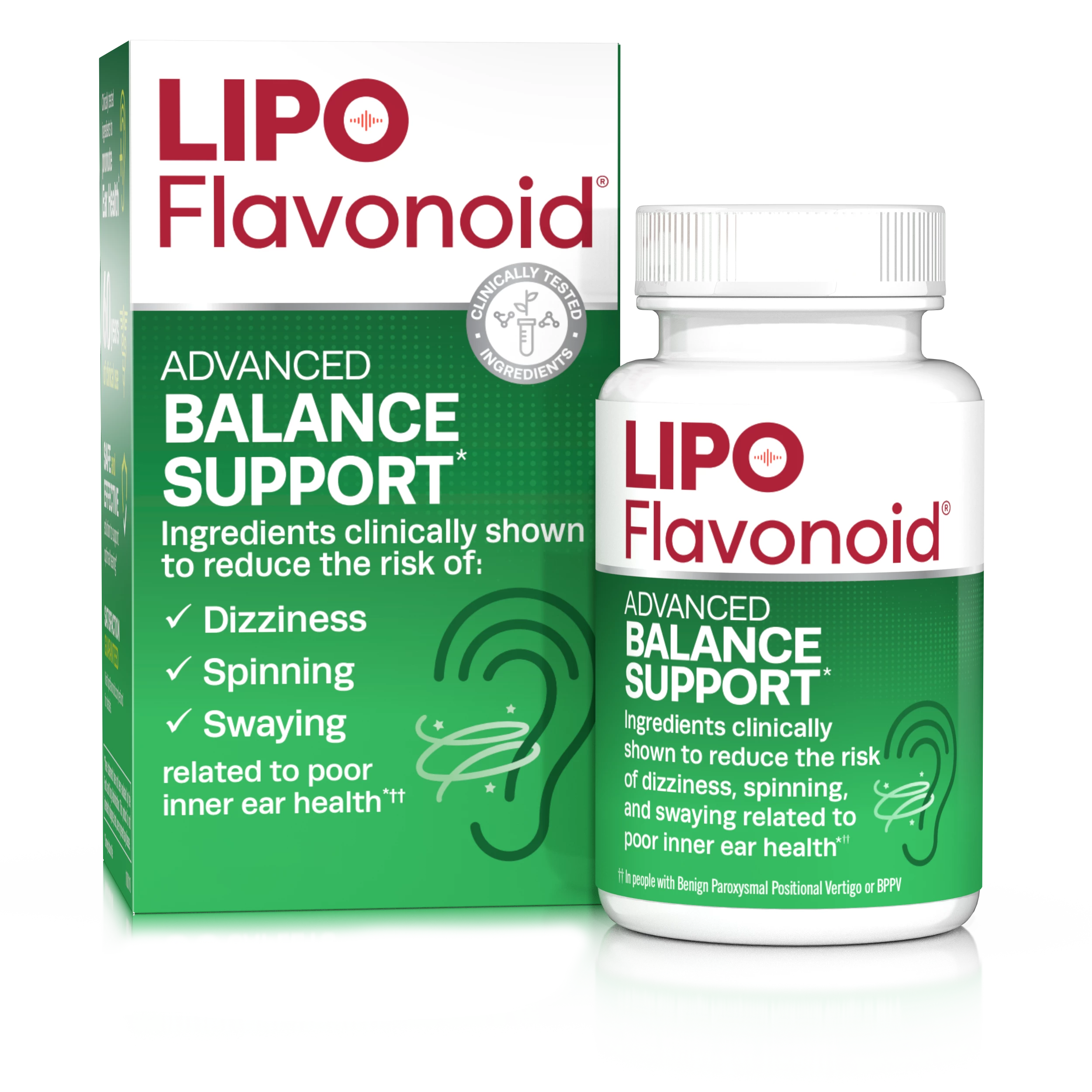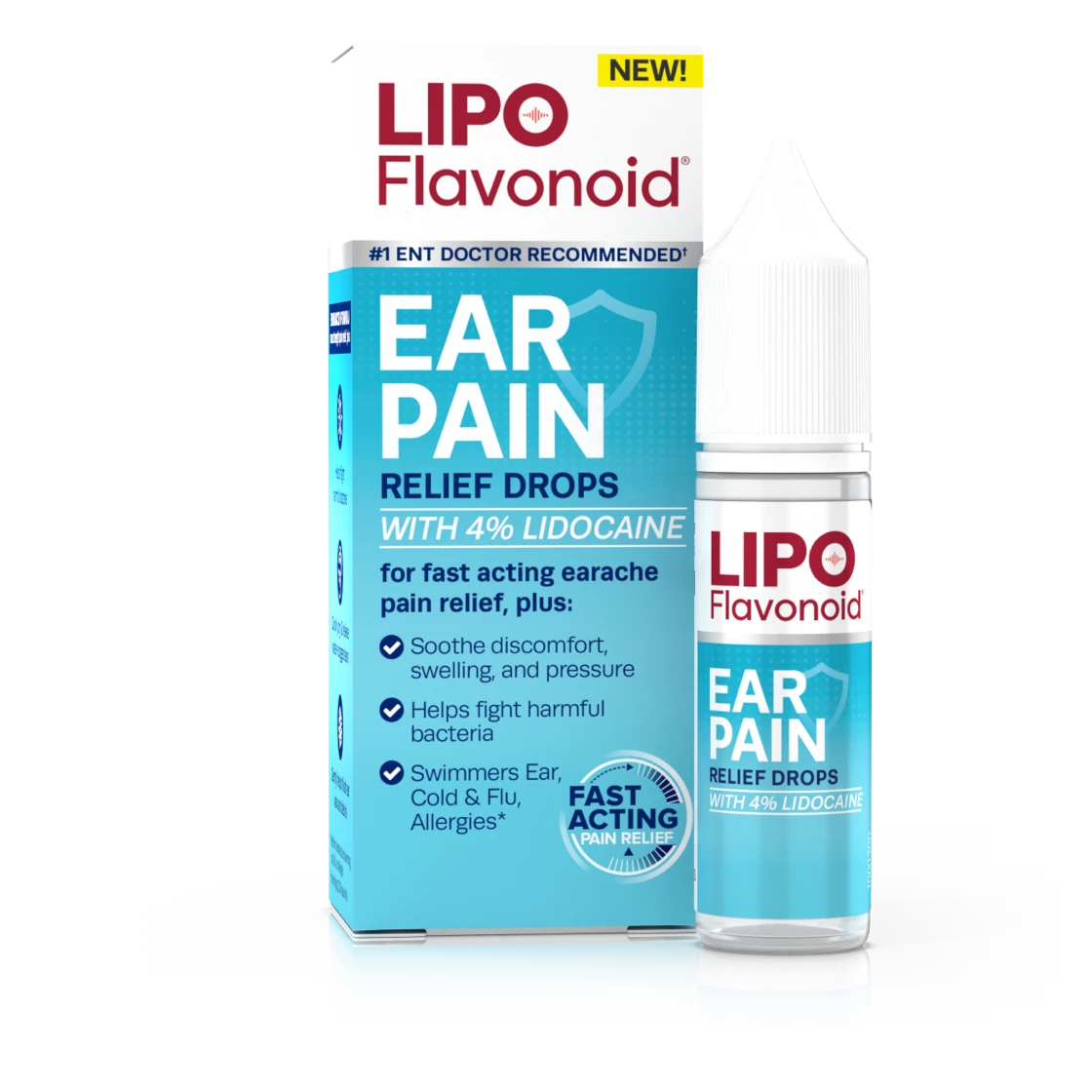I Hear You: How to Help a Loved One with Tinnitus
Sometimes, ringing in the ears (tinnitus) can be isolating. It can make it hard to focus on conversations, enjoy social functions, and more. But while tinnitus can feel lonely – sufferers are certainly not alone. In fact, according to the American Tinnitus Association, the condition affects more people than everyone in California and Oregon put together.
If you have a friend or loved one who experiences ringing in the ears, you may not fully understand what they are going through, and you can’t find a cure – at least not yet (as much as you wish you could), but you can still help – a lot.
-
If they haven’t seen a doctor yet, encourage your loved one with ringing in the ears symptoms to do so, soon. This is a key step when it comes to any health issue. For tinnitus, sufferers should talk to a specialist, such as an ear, nose and throat physician (an ENT or otolaryngologist) or an audiologist. Any modifiable causes of tinnitus or potential underlying medical conditions need to be treated or ruled out, and only a doctor can help do that.
-
Be there. Listen and show empathy. Allow your loved one to talk about how tinnitus makes them feel, what it sounds like, and how it’s impacting their life. Give a hug or a shoulder to cry on if necessary. According to Psychology Today, it’s better to vent negative emotions than to keep them bottled up inside.
-
Choose activities wisely. Avoid situations that will expose your loved one to loud noises as this can make tinnitus worse. If noise is unavoidable, help your loved one to take a quiet break every 15-20 minutes to give their ears a rest.
-
Give a thoughtful gift. Noise cancelling headphones or earplugs may help a tinnitus sufferer who must deal with loud situations at home or at work. And, the Sonorest Sleep Tones™ machine can help with tinnitus-related sleep issues, which are very common. From the makers of Lipo-Flavonoid® Plus, Sonorest Sleep Tones™ is a compact ambient noise machine designed specifically for tinnitus sufferers.
-
Feed their ears. Certain foods can be more “ear-healthy” than others. Show you care by making meals or snacks with tinnitus in mind. For instance, studies show that eating fish each week can reduce the risk of persistent tinnitus. Antioxidants and folic acid (such as in spinach, beans, broccoli, and nuts) are also recommended. These nutrients may help reduce the number of free radicals in the body and some people believe free radicals can damage the delicate ear tissues. For more food-related ideas, click here.
-
Don’t make alcohol the focus of your time together. In one study, 84% of patients reported that their tinnitus was aggravated by alcohol and 73% said that alcohol made them more aware of their tinnitus.
-
Be healthy, together. Regular exercise, a nutritious diet, good sleep habits, and stress reduction can help to keep blood vessels healthy and improve general well-being, which, in turn, can help to improve tinnitus symptoms and a person’s ability to cope with them, says the American Academy of Audiology. The American Tinnitus Association adds that “A health-conscious diet can reduce hypertension and weight, increase blood flow, heighten energy levels and improve emotional well-being — all of which can benefit tinnitus.”
-
Encourage your loved one to learn about Lipo-Flavonoid® — a nutritional supplement that can support ear health. With consistent use as directed, the nutrients in Lipo-Flavonoid® have been shown to improve the symptoms of tinnitus in some people.
Lemon bio-flavonoids, like those in Lipo-Flavonoid®, are thought to help relieve tinnitus symptoms by: improving microcirculation in the inner ear, preventing abnormal accumulation of fatty deposits, and blocking histamine production in the inner ear (a likely cause of inner ear disturbances.)
According to a survey of 250 ear, nose and throat specialists (otolaryngologists), 100% recommend nutritional supplements to their tinnitus patients and 85% recommend the brand Lipo-Flavonoid® specifically.
Thanks for helping your loved one take steps to better manage their tinnitus! You’re building good karma!
REFERENCES
-
General Wellness. American Tinnitus Association website https://www.ata.org/managing-your-tinnitus/treatment-options/general-wellness. Accessed Sept. 12, 2016.
-
Slattery W, Fayad J. Medical treatment of Meniere’s disease. Otolaryngologic Clinics of North America 1997; 30:1027-37.
-
Fetterman B, Saunders J, Luxford W. Prognosis and treatment of sudden sensorineural hearing loss. Am J Otol 1996; 17:529-36.
-
Arenberg I, Bayer R. Therapeutic Options in Meniere’s Disease. Arch Otolaryngol 1977;103: 589-93.
-
haia F, Sheehy J. Sudden sensori-neural hearing impairment: a report of 1,220 cases. Laryngoscope 1976; 86:389-98.
-
Herschberg S. Meniere’s disease. J Am Osteopathic Association 1974; 73:540-6.
-
Wolfson R. Treatment of Meniere’s disease. Modern Treatment (1969) 6,3, 553-567.
-
Williams, H.L. & Hedgecock, L.D. Citrus Bioflavonoids, Ascorbic Acid and Other B-vitamins in the Treatment of certain types of neurosensory deafness a preliminary report”. Staff meeting of the Mayo Clinic (1962)
-
Rubin W. Vestibular suppressant drugs. Arch Otolaryngol 1973; 97:135-8
-
Kumar S, Pandey AK. Chemistry and Biological Activities of Flavonoids: An Overview. The Scientific World Journal. 2013;2013:162750. doi:10.1155/2013/162750.


